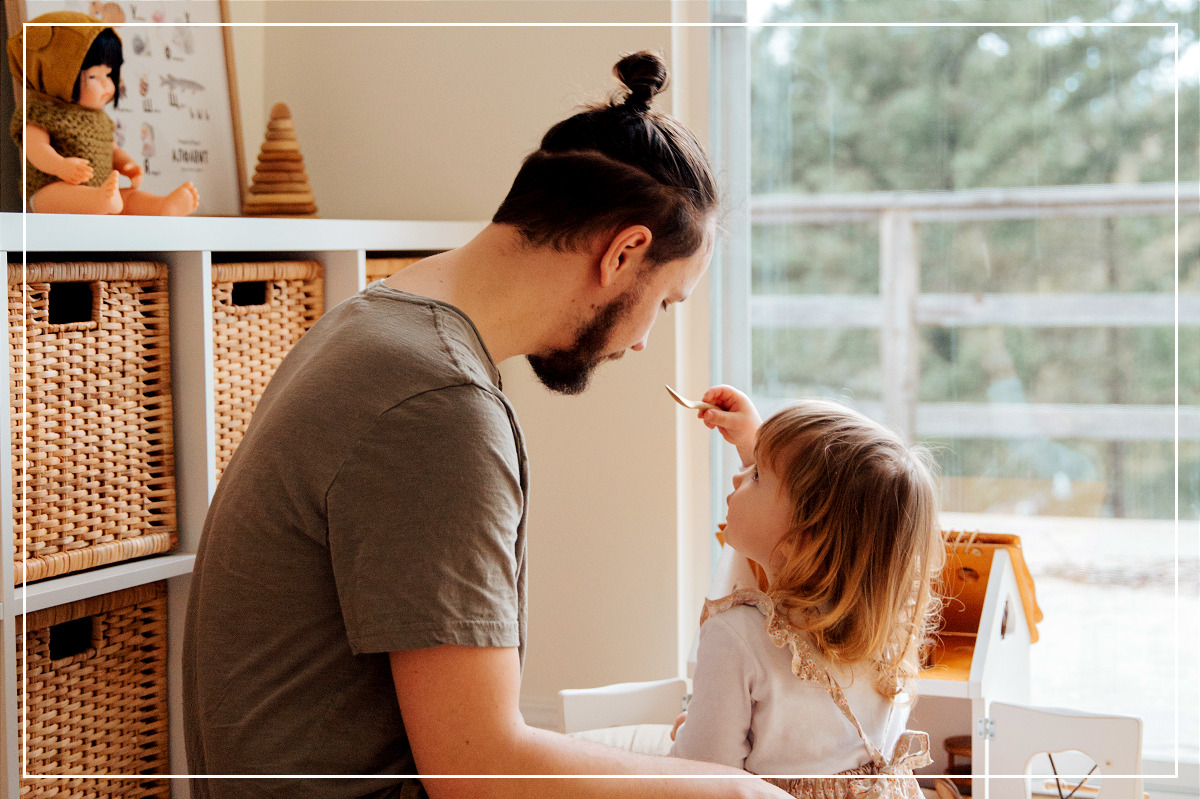
Parenting has its stressors, especially as children and teens discover the boundaries of their independence. In addition, parenting stress is often compounded by other life stressors like work, finances, and relationships. Therefore, parental stress can have a significant impact on your family’s well-being as well as your recovery.
Life Stressors in Parenthood
According to the article “Managing Stress for a Healthy Family” by the American Psychological Association (APA), parenting can be rewarding and demanding even when you are economically and socially healthy. Therefore, additional stressors like worrying about money and the COVID-19 pandemic increase harm to your physical and psychological health. Additionally, an article from Child Welfare explains that without healthy coping skills, the build-up of stress can contribute to health issues like chronic pain and high blood pressure.
Signs of Stress
You may wonder how to recognize unhealthy levels of stress. Listed below are some signs you may be over-stressed:
- Increased anger/irritability
- More arguments and conflict
- Feelings of hopelessness
- Excessive worrying
- Crying more easily
- Sleep issues
- Appetite issues
Moreover, chronic stress coupled with unhealthy coping skills can have a negative impact on you, your parenting, and your family.
The Negative Impact of Parental Stress
According to an article called “The Stress of Parenting” by K.D. Jennings and L.J. Dietz, parental stress contributed to lower emotional well-being, psychological disorders, and difficult parent-child relationships. In addition, as noted in an article from the journal Children, parental stress and depressive symptoms can influence your children’s socioemotional development and increase behavioral issues.
Listed below are some of the psychological consequences of parental stress can have on your family’s long-term well-being:
- Less satisfaction with parenting
- Decreased pleasure and enjoyment of children
- Low sensitivity and availability to children
- Feel less self-efficacy in parenting
- Dysfunctional and abusive parenting
- Anxiety
- Depression
- Increased risk of children experiencing emotional dysregulation
Moreover, your psychological well-being can have a profound impact on you and your children. Therefore, building healthy coping skills can support your family’s wellness.
Learning How to Cope With Parental Stress
Building healthier coping skills can be an invaluable support tool for stress management, psychological well-being, and healthy relationships. Listed below are some strategies you can use to mirror healthy coping for you and your children:
- Identify stressors
- Acknowledge what you cannot change
- Reframe your thinking
- Take a break
- Engage in self-care
- Utilize your support network
- Ask for help
- Do activities together
Moreover, helping support your children’s well-being means taking the time to care for your physical and psychological well-being too.
Building Healthy Behaviors at the Guest House
At The Guest House, we know how instrumental experiences in childhood are in shaping the way you engage in the world. As parents, we want the best for our children, but self-defeating and destructive behaviors can lead us to increase symptoms of attachment and developmental trauma for our children well into their adulthood. Here at The Guest House, we are committed to providing a wide range of therapeutic modalities to uncover the deep-seated roots of your distress to support your whole family’s long-term healing.
Parenthood can be rewarding and demanding. However, unaddressed chronic stress and unhealthy coping skills can diminish your ability to parent well and lead to developmental and behavioral issues for children. Therefore, learning how to build healthier coping skills can support stress management, psychological well-being, and healthy relationships with your loved ones. Moreover, at The Guest House, we know dismantling self-defeating behaviors is difficult. However, with a wide range of therapeutic modalities, you can build the tools you need to support long-term healing for your whole family. Call us at (855) 483-7800 to start your journey to recovery.